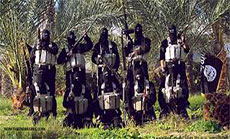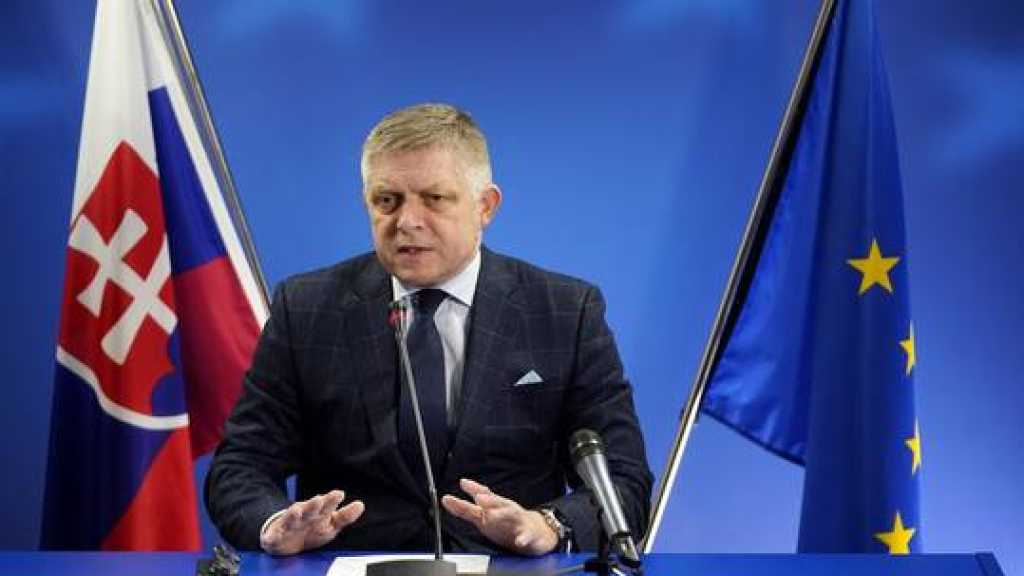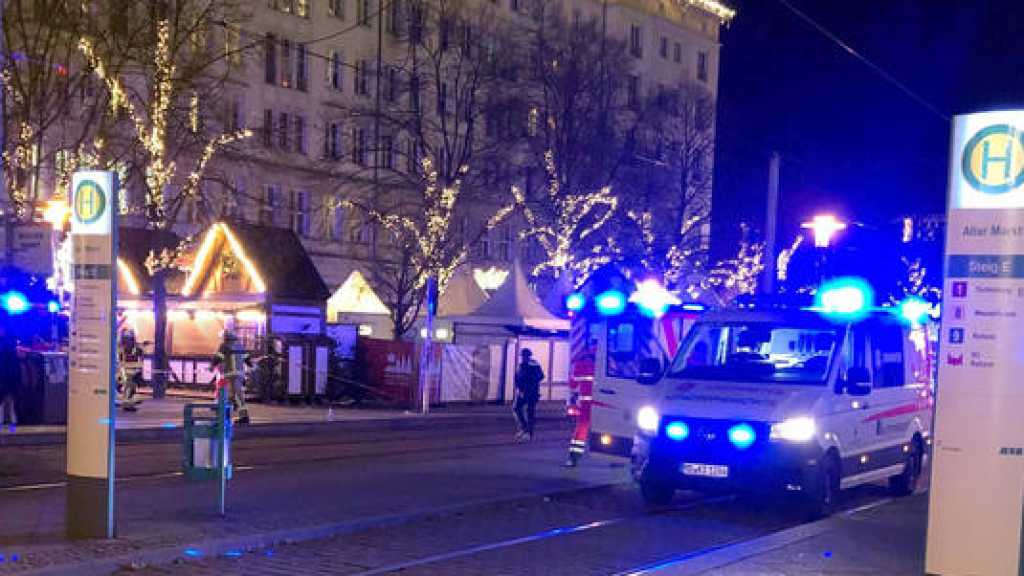Support for ’ISIL’ Higher in Europe, US than Syria and Iraq

Local Editor
A new study of posts from Arabic-speaking social media users has uncovered that support for the brutal "ISIL" terrorist organization is higher in Belgium, France, the United Kingdom and the United States than it is in Iraq and Syria - the two countries partially suffering from the extremist group's control over certain areas.
 The Italian study analyzed over two million Twitter and Facebook posts related to "ISIL" in Arabic in a three-and-a-half month period starting in July 2014.
The Italian study analyzed over two million Twitter and Facebook posts related to "ISIL" in Arabic in a three-and-a-half month period starting in July 2014.
According to a report published Thursday by the Guardian, 19.7 percent of the analyzed posts originating from Iraq and 7.6% of posts from Syria were supportive of the "ISIL", compared to Belgium (31.0%), the United Kingdom (23.8%), the United States (21.4%) and France (20.8%).
Germany (15.7%), Canada (15.3%) and Israel (13.4%) were also the source of a significant proportion of posts supportive of the terror group, which has carried out widespread ethnic cleansing, suicide attacks, mass killings of prisoners, beheadings, torture, and other extremist violence.
Rights groups have strongly criticized the group for human rights abuses and repressive measures against women and religious minorities.
Although most posts about the group were largely negative in nature, posts from Qatar (47.6%) and Pakistan (35.1%) were the most supportive of "ISIL", while posts originating in Iran (5.8%) were the least supportive of all the countries listed in the report.
It should be noted that the study only analyzed posts about the "ISIL" in Arabic, so the group's popularity was not measured in posts written in different languages.
Dr. Luigi Curini of Voices from the Blogs, a company founded by academics at Milan University, has been on the forefront of a new form of analysis of online opinions and postulated that those closest to "ISIL" were more likely to harbor negative sentiments about the group.
In conjunction with statistician Stefano Iacus, political scientist Andrea Ceron and host of translators, Curini also uncovered a range of polarizing opinions about the "ISIL's" legitimacy and religious authority.
"By analyzing social media we can see there is not always this homogeneous sentiment against [the "ISIL" ]," Curini was quoted as saying by The Guardian.
Source: The Guardian, Edited by website team
Comments
- Related News

Slovak PM Accuses Zelensky of Attempted Bribery
3 months ago
Germany: Car Mows down Shoppers at Christmas Market
3 months ago
Putin: No Conversation with Trump in Over Four Years
3 months ago
